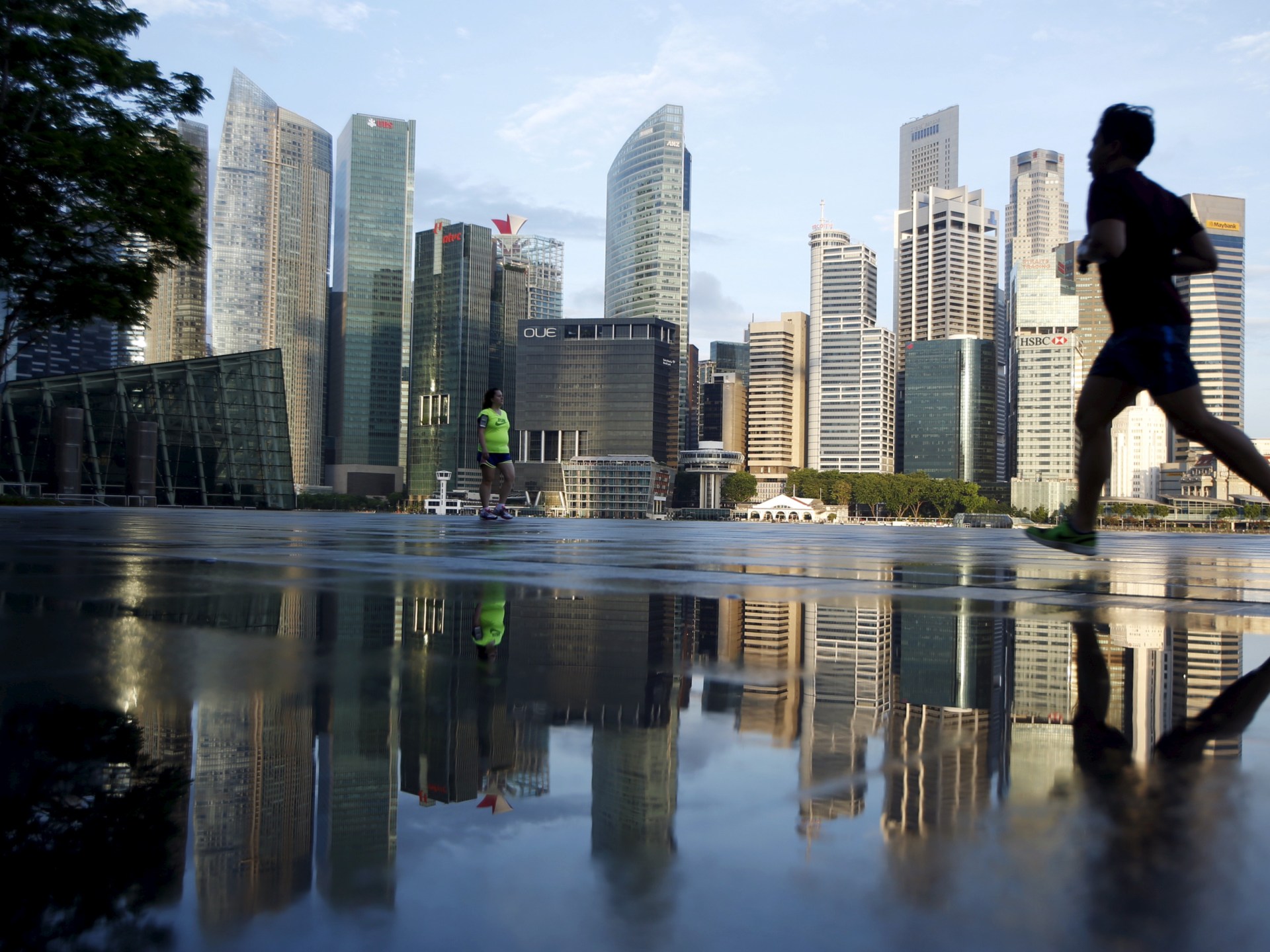Singapore’s economy grew slower than expected in the first quarter, with GDP expanding 2.7 percent on-year, but only 0.1 percent on-quarter. This was below the projected 3.0 percent growth in a Bloomberg poll of economists. The city-state’s economic performance is closely watched as a barometer of global economic conditions due to its reliance on international trade.
The struggling manufacturing sector, which saw a 2.9 percent contraction from October to December, weighed on tourism spending, despite events like Taylor Swift’s concerts and the Singapore Airshow. The services sector, including accommodation and food, grew 2.9 percent.
Economists like Selena Ling from OCBC predict a boost to industries like hospitality and entertainment from these events, expecting an “upward adjustment” to overall growth once the full impact is known. CGS International Singapore’s Song Seng Wun also anticipates spillover effects into March.
The Monetary Authority of Singapore maintained its monetary policy unchanged, focusing on keeping inflation in check. As the city-state relies on imports, efforts to manage imported inflation include allowing for a stronger Singapore dollar.
Overall, experts agree that Singapore’s economy is still in a recovery phase post-pandemic. The performance of the city-state’s economy in the coming months will be closely monitored by global markets as an indicator of broader economic trends.
Source
Photo credit www.aljazeera.com



